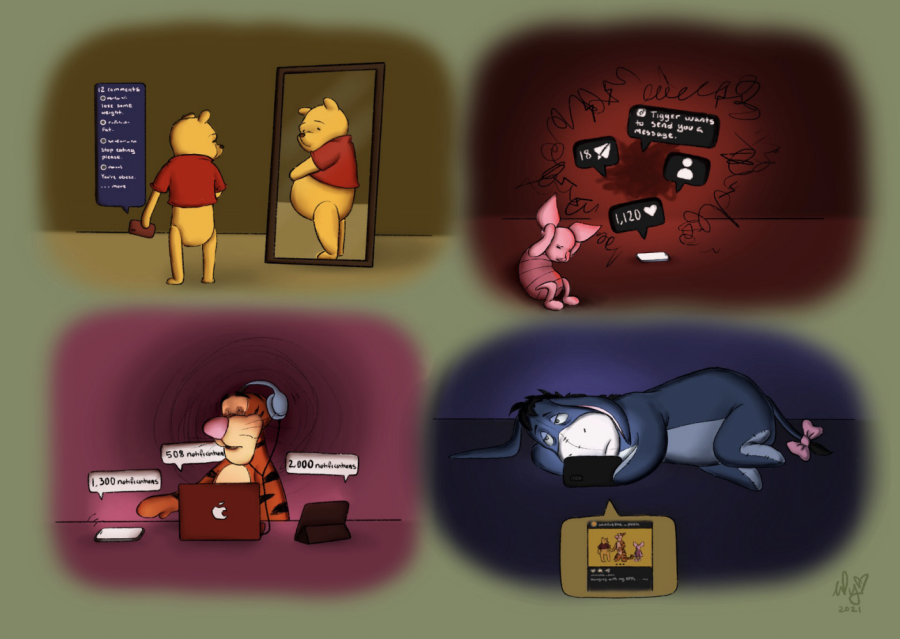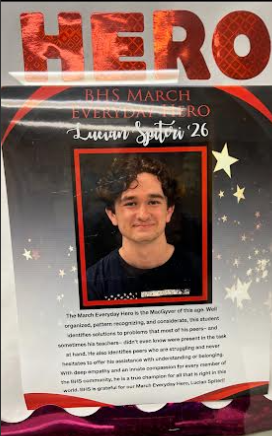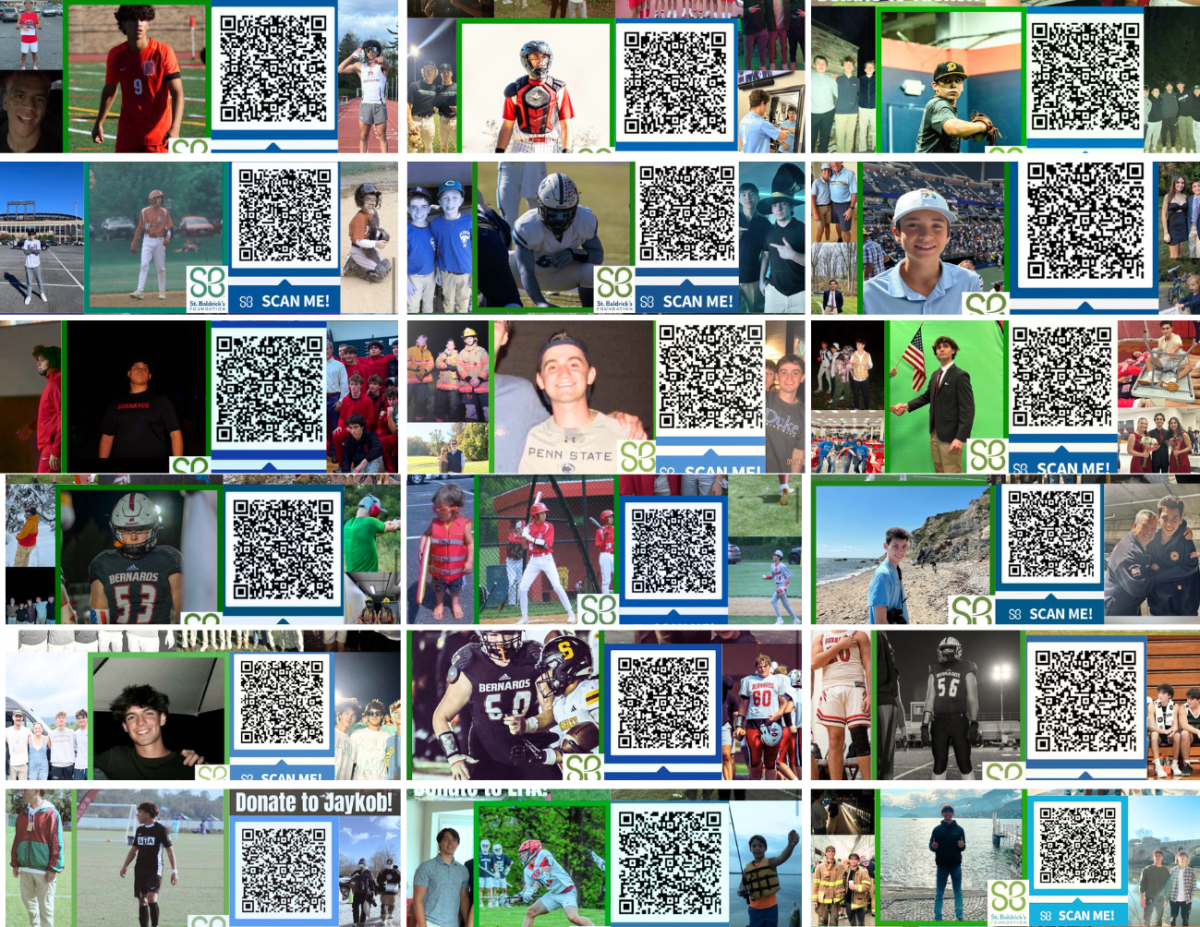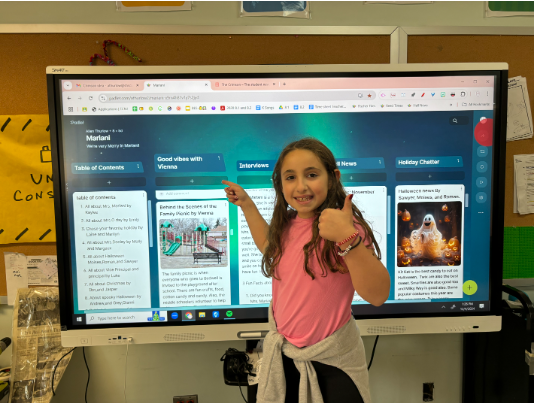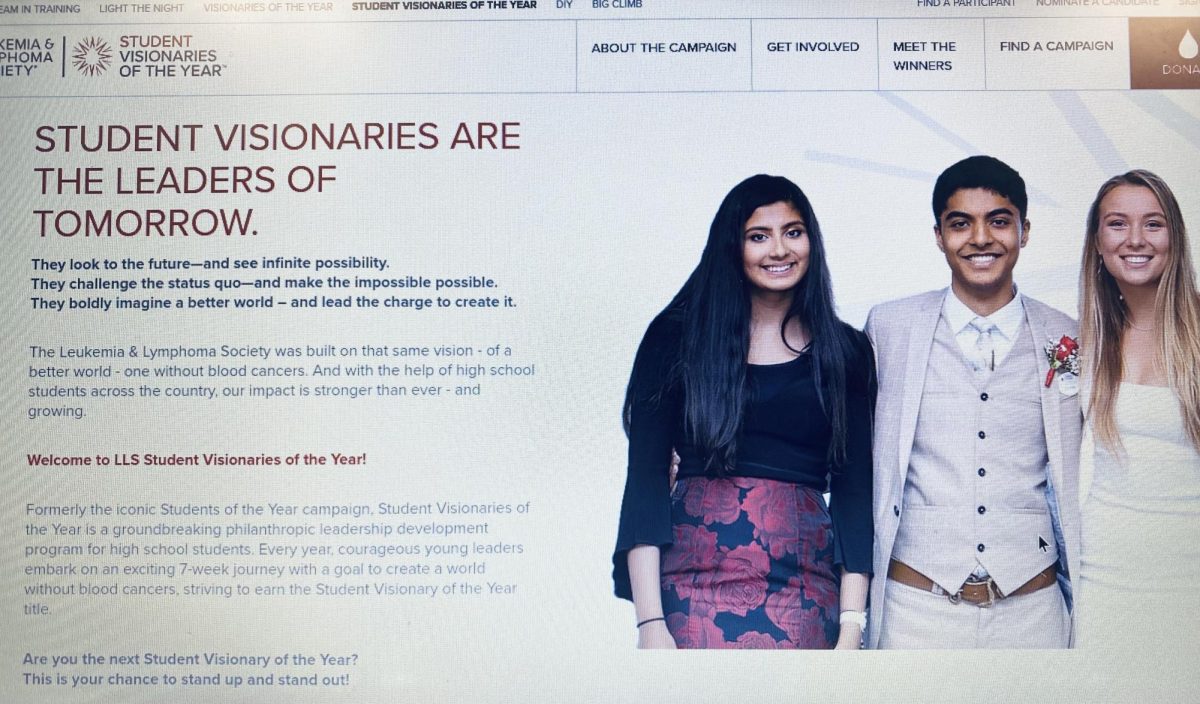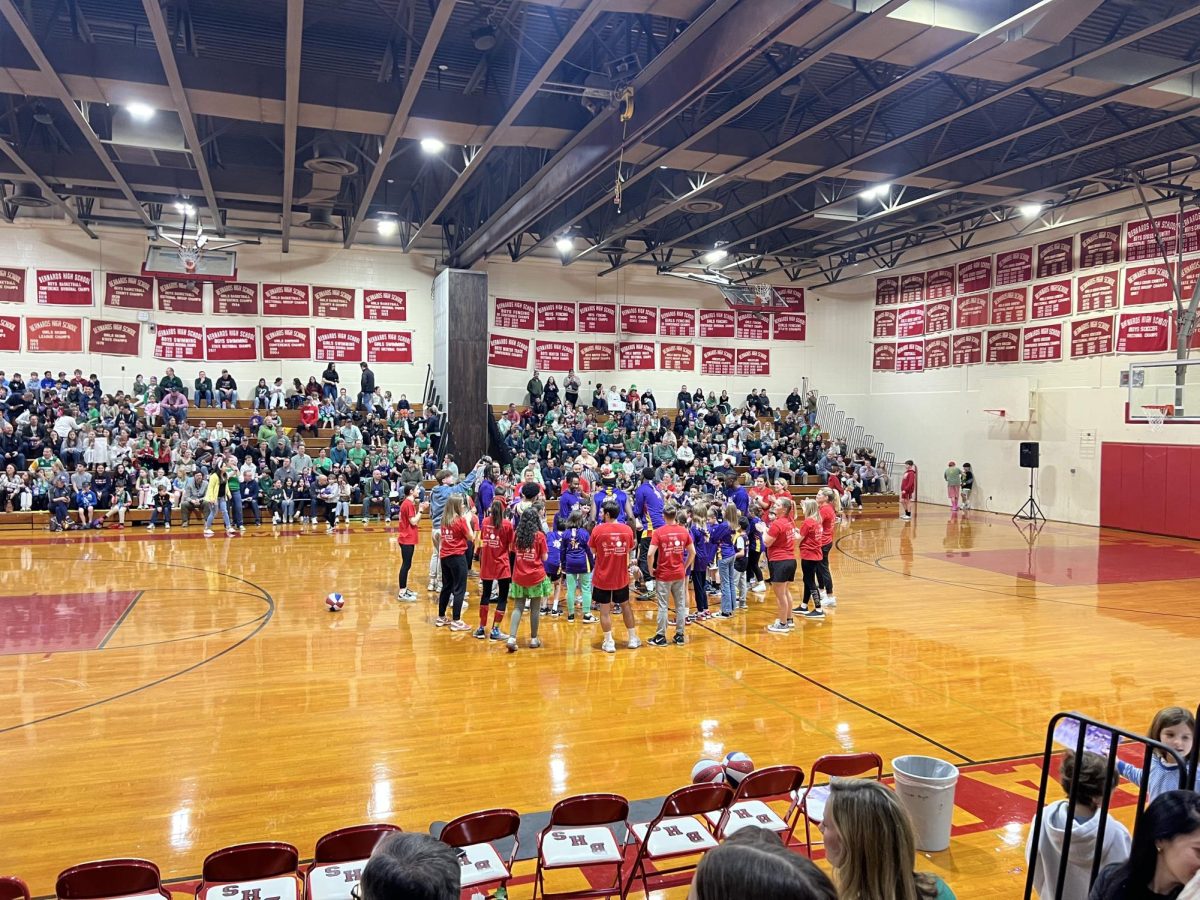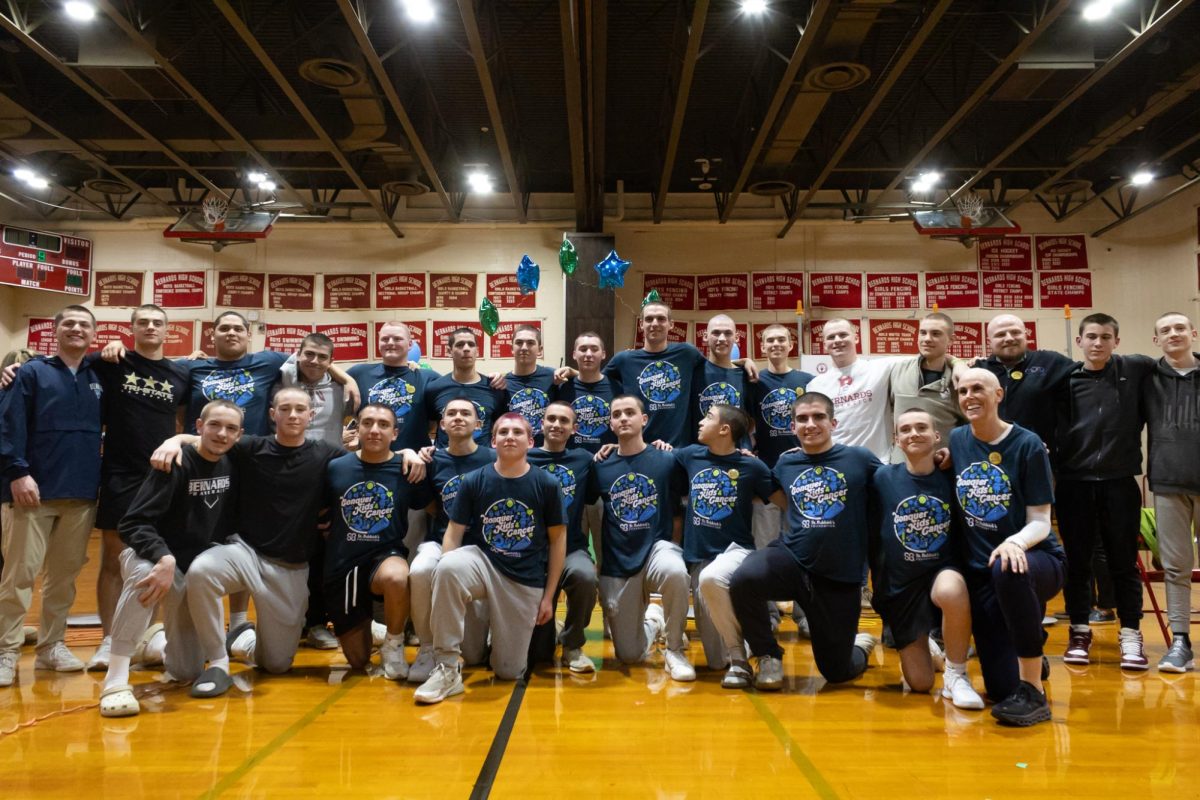There is no doubt about social media’s exponential rise over the years. The leading platform, Facebook, substantiates this growth; a CNBC news article states that “Facebook’s net income grew 94%… The company attributed its massive revenue growth to a 30% increase in the average price per ad, as well as a 12% increase in [the] number of ads shown.” Forbes published an article providing statistics such as that “there are over 2 billion Facebook users worldwide, about 500 million tweets are sent daily on Twitter, 95 million images are uploaded to Instagram daily and on YouTube, over 400 hours of video are uploaded per minute.”
Social media platforms are beyond lucrative and beneficial to their makers and investors; however, it’s hard to say the same to the rest of the world. Frances Haugen, a former Facebook data scientist, known for her appearance on 60 minutes as the Facebook whistleblower, recently exposed Facebook’s secrets concerning their tactics for user growth. Haugen testified at the Senate Subcommittee on Consumer Protection, Product Safety, and Data Security with a solid argument validated by copied Facebook documents she publicized.
Furthermore, data from a Bernards High School survey indicates that most students spend about 2.5 hours on social media daily. Such consumption of time is likely due to one crucial feature that makes social media notorious worldwide: its addictiveness. Social media developers created an algorithm that collects your information, like time usage on the app, posts you have liked, and how long you view a post, to shower you with content they can gain profits from. This is the reason Facebook profits so much from ads.
Tim Kendall, a former Facebook executive, unveils that the company purposely designed Facebook to be as addictive as nicotine. A CBSN article informs that from an interview with Kendall, “it all boils down to the social media giant’s advertising-based business model, in which the ‘objective is to get more people to pay attention to your product and to pay attention longer each and every day.’ Reinforcing this idea, the current CEO of Facebook- Mark Zuckerburg, says Facebook “is an inherently cultural thing. It’s at the intersection of technology and psychology, and it’s very personal” in an interview from The New Yorker.
While this puts Facebook in a bad light, Frances Haugen clarifies in a 60 minutes interview that “it’s one of these unfortunate consequences… No one at Facebook is malevolent, but the incentives are misaligned… Like, Facebook makes more money when you consume more content. People enjoy engaging with things that elicit an emotional reaction… the more they interact and the more they consume.” While social media companies may not be malicious in designing their app programming, they are manipulating the human mind to make money, regardless of its mental drawbacks on users. Just like smoking, users cannot quit social media “cold turkey.” English teacher at BHS, Mr. Pair references that a sudden rip of social media could trigger “withdrawal symptoms,” since the brain is rewired to social media.
Mr. Pair voices his informed beliefs about social media. It is no secret that he does a ton of research about social media and its consequences. For almost five years, Mr. Pair has dedicated a full quarter of the school year to educate students about social media. Mr. Pair enlightened listeners on why social media is still used despite our knowledge of its consequences. He observes that “Devices are so much a part of our life that we generally don’t want to know how dangerous they are. We want to bury our heads in the sand and say,” Oh, it’s only Facebook but our recent history has proved that Facebook is incredibly dangerous.” He mentions examples of the hazards, including triggers and for civil unrest in our country, even genocide in other countries such as Malaysia, and in some countries, Facebook is already downloaded.
He further described how we are so “wrapped up in how pretty it is to the extent that we don’t realize exactly the extent to which it is reprogramming ourselves and our society.” In a social dilemma, all the creators of social media will never let their children have it but were okay with the ubiquity and pervasiveness of negative body image, misinformation, hatred, vitriol, ignorance… somehow with all those things that are being shared. He elaborates that we are connected to social media in more ways than one. We default to social media each day because “it’s a means of virtue signaling, it’s a means of validation, spreading misinformation and it’s inherently false.
Looking at a person’s Instagram and that is the fakest thing imaginable because they are purposely putting that out there, they want people to judge them but judge them in a positive way, that’s why you have the filters, the carefully manicured shots,” says Mr. Pair. Teachers unanimously agreed that they have seen a rising trend in today’s generation being addicted to phones and all of them expressed their concern for kids today with social media. The newest generation is even called the “iGeneration and theNeo-Digital Natives .”Mr. Pair stimulates you to think about if you are really “being in the moment or [just] worried about getting the right shot? By taking so many pictures, we are perpetuating this false idea of what a good time looks like. Mr. Pair relates this to the expression “the picture didn’t happen.” He relates to how “children are starting to associate these devices with reality. If it doesn’t go online, then it never happened.”
Granted, social media has multiple positives. It can just create a toxic environment if used a certain way or it can create an environment of growth and self-exploration. In this case, the only tool in our arsenal is to educate you and your peers, classmates, etc. Mr. Pair compares the idea to Michael Crichton’s famous words: ‘ we stood on the shoulders of giants. We got so caught up in whether or not we could that we never asked whether or not we should” Although Crichton is talking about genetic manipulation, Mr. Pair easily compares it to social media; “we got excited about the fact that we can share every aspect of our lives and then we can communicate with people that we didn’t know part of their existence but then as we step back and we think about it like do we really need that do I need to like photos like I don’t like.” Social media also instills a false sense of power in people, empowering them to say terrible things with no consequence. The enthusiasm for the comeback of yik yak is clear evidence of this.
Mr. Pair’s concluding statement is that “you can make a better-educated decision as to what you want to use these [social media] platforms for.” He admits that being one himself, millennials had this thing that was introduced-[ Instagram, Twitter, Facebook]-and it was shiny and new and wonderful. Because of that [millennials and generations before] tend to look at [social media] through those rose-colored glasses. It was just this great invention that changed how we did everything.”
Speaking to all students in Generation Z: we’ve grown up with social media and have not experienced a world without it. We can see it for its evils as well as for its benefits. It’s time for a change- a change that starts with us and our relationship with social media, and most importantly, each other.



